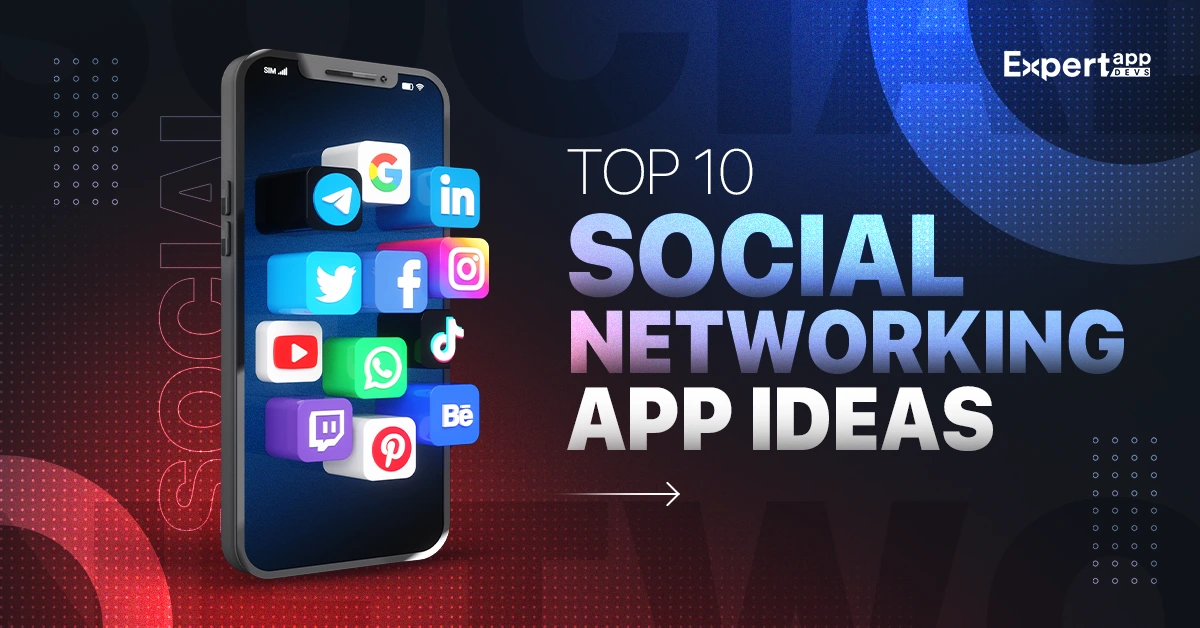
Introduction:
In the dynamic world of gaming, where virtual worlds collide with real-life interactions, social networking apps have emerged as indispensable tools for gamers. These apps provide platforms for players to connect, communicate, and collaborate, transcending geographical boundaries and fostering communities based on shared interests and passions. In this article, we’ll delve into the realm of social networking apps for gamers, exploring their significance, features, and impact on the gaming landscape.
The Significance of Social Networking Apps for Gamers:
Gone are the days when gaming was considered a solitary activity confined to one’s living room. Today, gaming has evolved into a social phenomenon, with millions of players engaging in multiplayer games across various platforms. Social networking apps play a crucial role in enhancing this social aspect of gaming by offering channels for gamers to interact beyond the confines of the game itself.
These apps serve as virtual meeting grounds where players can form friendships, join communities, and participate in discussions about their favorite games. Whether it’s coordinating strategies in multiplayer battles or simply sharing gaming experiences, social networking apps provide avenues for meaningful connections among gamers.

Features of Social Networking Apps for Gamers:
Social networking apps tailored for gamers come equipped with a myriad of features designed to facilitate communication and community building. Here are some common features found in these apps:
- User Profiles: Users can create detailed profiles showcasing their gaming preferences, achievements, and interests. This allows them to connect with like-minded gamers and build friendships based on shared passions.
- Messaging and Chat: Robust messaging and chat functionalities enable gamers to communicate with each other in real-time. Whether it’s coordinating gameplay sessions or discussing strategy tips, these features facilitate seamless communication among players.
- Community Forums and Groups: Social networking apps often include forums and groups dedicated to specific games or genres. These forums serve as hubs for discussions, fan theories, and community events, fostering a sense of belonging among gamers.
- Events and Tournaments: Many social networking apps host events and tournaments where gamers can compete against each other and showcase their skills. These events not only provide opportunities for friendly competition but also encourage camaraderie among participants.
- Content Sharing: Gamers can share screenshots, videos, and live streams of their gameplay directly within the app. This feature allows users to celebrate achievements, seek feedback, and engage with the gaming community in a more visual manner.
Impact on the Gaming Landscape:
The proliferation of social networking apps for gamers has had a profound impact on the gaming landscape, transforming it into a more interconnected and vibrant ecosystem. Here are some ways in which these apps have reshaped the gaming experience:
- Building Communities: Social networking apps have facilitated the formation of diverse gaming communities encompassing players from different backgrounds and regions. These communities serve as hubs for social interaction, collaboration, and the exchange of knowledge and experiences.
- Strengthening Player Engagement: By providing avenues for social interaction and community engagement, these apps have significantly increased player retention and engagement. Gamers are more likely to remain invested in a game if they feel a sense of belonging to a larger community of like-minded individuals.
- Fostering Collaboration and Competition: Social networking apps enable gamers to connect with teammates, rivals, and fellow enthusiasts, fostering both collaboration and healthy competition. Whether it’s teaming up for a cooperative mission or facing off in a competitive match, these apps facilitate dynamic interactions among players.
- Amplifying Content Creation: The integration of content sharing features within social networking apps has empowered gamers to become content creators in their own right. Players can easily share their gameplay experiences, tutorials, and commentary with a wider audience, contributing to the richness of gaming culture.
Conclusion:
Social networking apps for gamers have become indispensable tools for fostering connections, facilitating communication, and enriching the gaming experience. By providing platforms for social interaction, community building, and content sharing, these apps have transformed gaming into a more collaborative and inclusive endeavor. As the gaming landscape continues to evolve, social networking apps will undoubtedly play an increasingly vital role in shaping the future of gaming culture.
 ApkMines ApkMines – Download Apps and Games Free For Android
ApkMines ApkMines – Download Apps and Games Free For Android


